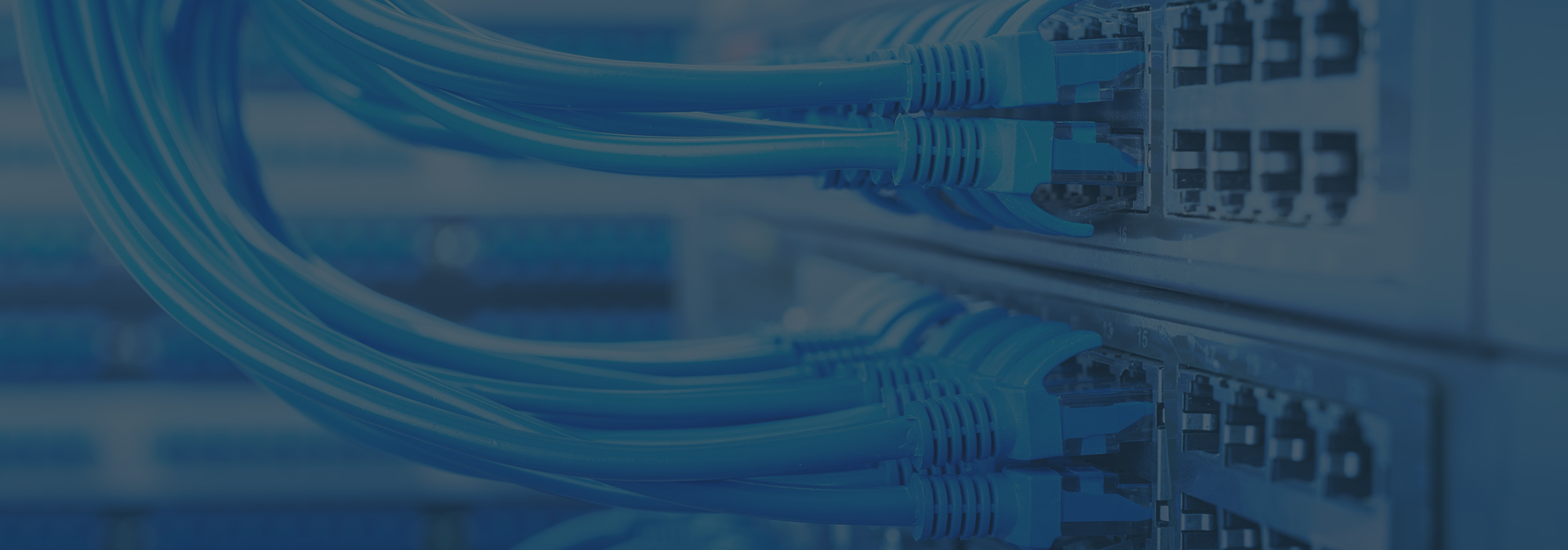
11 Jan Disaster Avoidance for Business ISP Connectivity—Fiber vs. Fixed Wireless
Maintaining maximum uptime for your business internet is essential in our digital world. When modern businesses depend on the internet to conduct their daily operations, it’s a must to have reliable connectivity and avoid disaster when it comes to ISP connectivity.
When choosing an ISP and determining the best internet for your organization, you have options, including fiber based internet or fixed wireless internet. Which is the best option for your business based on disaster avoidance?
Fixed Wireless: Faster Connection With Reduced Risk for Disaster
Fixed wireless internet provides a signal through two fixed points in the air. As such, it doesn’t require underground cabling, trenching, or permits to install and deploy, which results in reduced installation cost, time, and effort.
In terms of disaster avoidance, fixed wireless internet provides the best option as it allows businesses to maintain a reliable connection and avoid common underground cabling disasters that can cause significant downtime, such as:
- Flooding derived from weather or water main breaks
- Fiber damage due to construction or technician errors
- Manhole fires or other disasters
- Internal cable cuts
Since fixed wireless doesn’t require cabling or trenching, it is fast, simple, and affordable to deploy, even for businesses with no existing fiber internet infrastructure. With a reduced risk for disaster, companies can maintain maximum internet uptime and enjoy a faster connection due to low latency and highly reliable quality connection.
Fiber: Vulnerabilities to Consider
Fiber optic cables are made of glass covered with a thin shield of plastic. While it provides fast internet, one of the more significant risks of fragile fiber optic cables is that they are subject to damage which can disrupt connectivity, such as construction, inclement weather, and pests. Having these unpredictable factors as a potential disruptor to business internet connectivity can reduce reliability and increase the risk of downtime that can be expensive or time-consuming to resolve. In addition, the installation process can be expensive and take months, especially when permits are involved for trenching the cables.
Fiber cables are also transmit at a higher latency than fixed wireless due the distance of that fiber routes travel. Fixed wireless delivers a point to point A to B access connection in the last mile, significantly reducing latency and the time it takes for data to travel.
Which Option Is the Best for Your Business?
Fixed wireless internet is often the best option for both small and medium-sized businesses as well as enterprise companies because they can very cost effectively replace unreliable internet and upgrade to a faster and more reliable high-speed connection.
In addition, fixed wireless makes it simple to have a robust internet redundancy strategy with a connection that does not rely on outside cabling and avoids all common single points of failure that fiber carriers share.
NewConnect can connect any building, at any speed, at any time. As an ISP, we deliver guaranteed reliability, the lowest latency, and quality customer experience. Our clients work directly with us, not a third-party provider or outside organization, to maintain maximum performance and uptime.
Find out more about how we serve both small businesses and enterprise-level organizations as an ISP with reliable, quality high-speed fixed internet by contacting us today.


